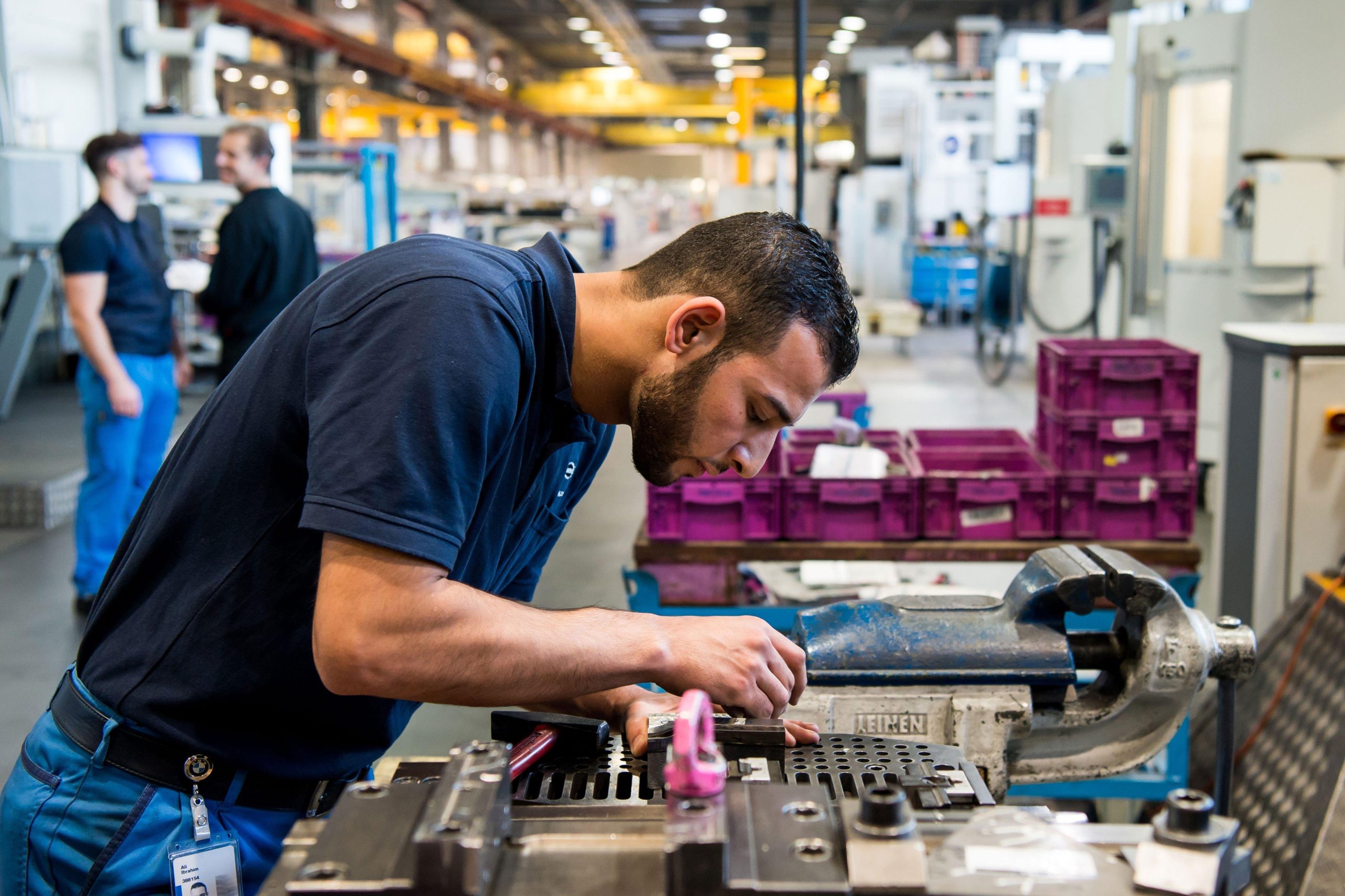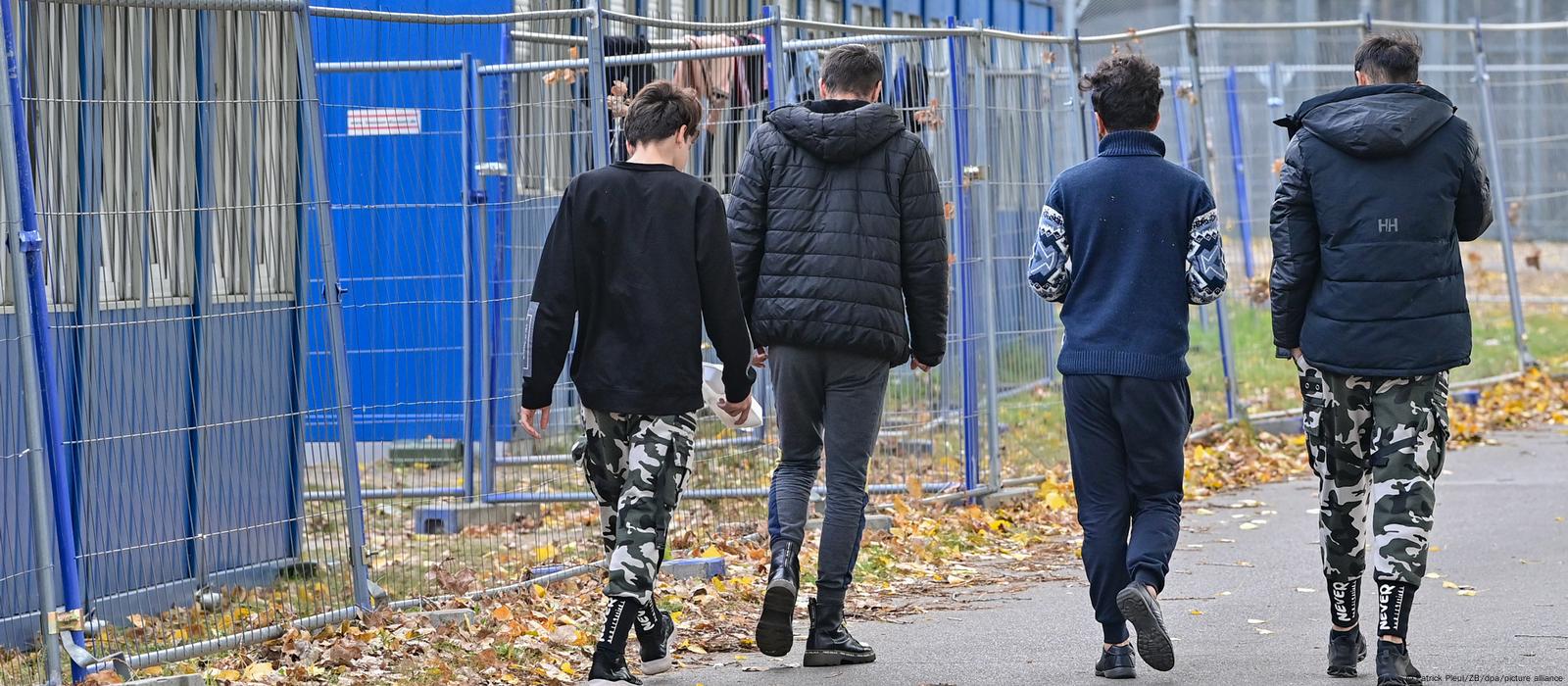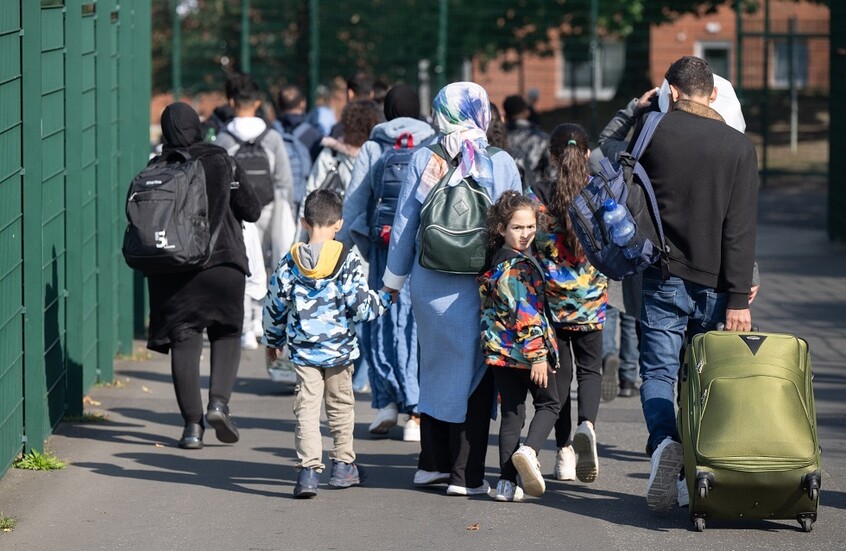
The German government launched a conference with the aim of searching for skilled workers. The German Labor Minister said that his country needs more skilled workers to enhance its capabilities as the third-strongest economy in the world.
“Securing access to skilled labor means ensuring prosperity,” Labor Minister Hubertus Heil told the German News Agency before the beginning of a government conference to search for skilled workers on Monday, February 26, in Berlin.
He added: “There are currently more people in the workforce than ever before…more than 46 million people. However, we need more skilled workers in order to fully explore our capabilities as the third-strongest economy.”
He explained: “This means increasing the participation of women, older workers and those with special abilities in the labor market.” He also said that there is a need for more training and education, and the number of young people who do not have academic or professional qualifications must be reduced.
In order to attract skilled workers, he invited more than 700 representatives from companies, agencies and the community to attend the one-day conference.
The German Skilled Worker Award will also be presented for the first time on Monday evening. The award will be given to companies, networks and institutions that have successfully implemented innovative and sustainable measures to attract skilled workers.
It is noteworthy that the German government has been working for some time to meet its need for many skilled workers in various jobs, and an analysis conducted by the German Employment Agency indicates that there is a shortage of skilled labor in one out of every six professions in Germany. This is the reason that prompted the government to introduce reforms to the Skilled Labor Immigration Law, aiming to facilitate the arrival of foreign workers to Germany.
The problem is that these workers not only want to come to Germany, but they also want to stay there, at least for a while. Herbert Brucker from the Institute for Job Research in the southern German city of Nuremberg says, “Temporary migration is increasing,” and the reason for this is that means of transportation have become less expensive, while technological development has facilitated continuous communication with family members.





